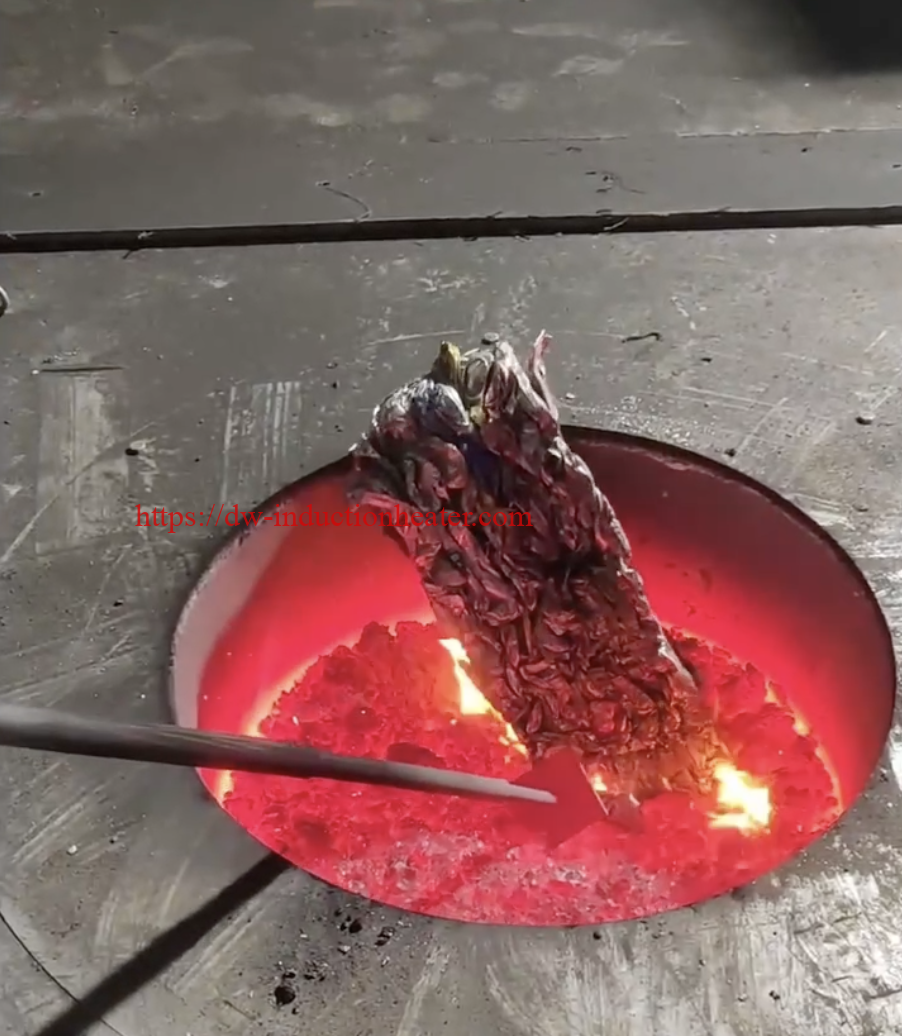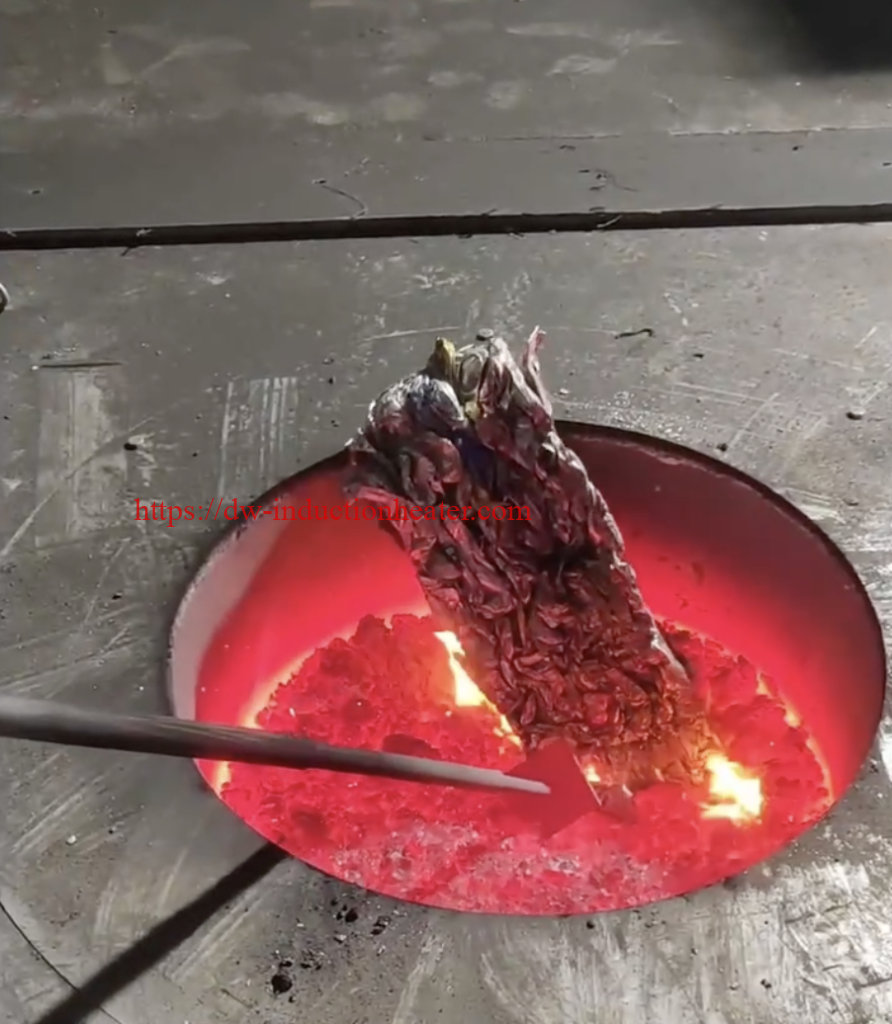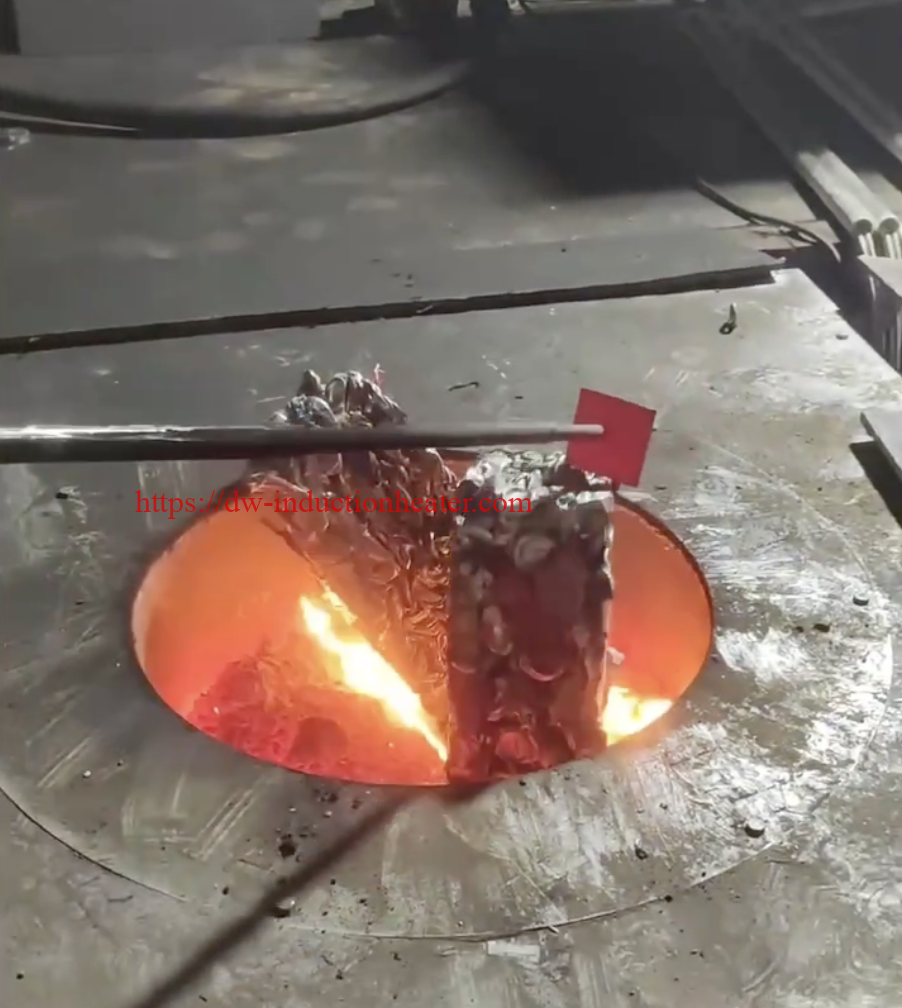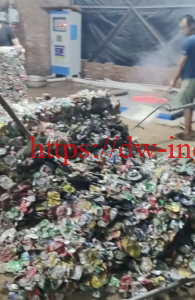
Aluminum Cans Melting Induction Furnace for Recycling: A Comprehensive Guide
Introduction to Aluminum Cans Recycling
Aluminum cans recycling has become an essential practice in the modern world, driven by the increasing demand for sustainable and environmentally friendly waste management solutions. The aluminum can, a ubiquitous packaging material, is 100% recyclable, making it an ideal candidate for recycling. The process of recycling aluminum cans involves collecting, sorting, and melting the cans to produce pure aluminum, which can be reused to manufacture new products. In this article, we will delve into the world of aluminum cans melting induction furnaces for recycling, exploring their role, benefits, design, safety considerations, and economic and environmental impact.

The Role of Induction Furnaces in Aluminum Recycling
Induction furnaces play a crucial role in the aluminum recycling process, as they provide an efficient and cost-effective means of melting aluminum cans. Unlike traditional fossil fuel-based furnaces, induction furnaces use electromagnetic fields to heat the aluminum, resulting in a cleaner and more energy-efficient process. The use of induction furnaces in aluminum recycling has become increasingly popular due to their ability to produce high-quality aluminum with minimal environmental impact.
How Aluminum Cans Melting Induction Furnaces Work
Aluminum cans melting induction furnaces work by using electromagnetic fields to heat the aluminum cans. The process involves the following steps:
- Loading: Aluminum cans are loaded into the furnace, where they are heated by an electromagnetic field.
- Heating: The electromagnetic field induces electrical currents in the aluminum, causing it to heat up.
- Melting: The aluminum cans melt, forming a molten pool of pure aluminum.
- Tapping: The molten aluminum is tapped from the furnace and transferred to a holding furnace for further processing.
Benefits of Using Induction Furnaces for Aluminum Cans Recycling
The use of
induction furnaces for aluminum cans recycling offers several benefits, including:
- Energy Efficiency: Induction furnaces are more energy-efficient than traditional fossil fuel-based furnaces, reducing energy costs and environmental impact.
- High-Quality Aluminum: Induction furnaces produce high-quality aluminum with minimal impurities, making it ideal for manufacturing new products.
- Reduced Emissions: Induction furnaces produce minimal emissions, reducing the environmental impact of the recycling process.
- Increased Productivity: Induction furnaces can melt aluminum cans quickly and efficiently, increasing productivity and reducing labor costs.

Design and Construction of Aluminum Cans Melting Induction Furnaces
The design and construction of aluminum cans melting induction furnaces require careful consideration of several factors, including:
- Furnace Size: The furnace size will depend on the volume of aluminum cans to be melted.
- Coil Design: The coil design will depend on the type of aluminum cans being melted and the desired melting rate.
- Insulation: The furnace must be well-insulated to minimize heat loss and reduce energy costs.
- Control Systems: The furnace must be equipped with advanced control systems to regulate the melting process and ensure consistent quality.
Safety Considerations for Operating Aluminum Cans Melting Induction Furnaces
The operation of aluminum cans melting induction furnaces requires careful attention to safety considerations, including:
- Personal Protective Equipment: Operators must wear personal protective equipment, including gloves, safety glasses, and a face mask.
- Furnace Maintenance: The furnace must be regularly maintained to ensure optimal performance and minimize the risk of accidents.
- Electromagnetic Interference: The furnace must be designed and constructed to minimize electromagnetic interference.
- Fire Safety: The furnace must be equipped with fire suppression systems and emergency shutdown procedures.

Maintenance and Troubleshooting of Aluminum Cans Melting Induction Furnaces
Regular maintenance and troubleshooting are essential to ensure optimal performance and minimize downtime. Common issues include:
- Coil Failure: Coil failure can occur due to overheating or electrical surges.
- Insulation Damage: Insulation damage can occur due to heat stress or mechanical damage.
- Control System Malfunction: Control system malfunction can occur due to software or hardware issues.
Economic and Environmental Impact of Aluminum Cans Recycling using Induction Furnaces
The economic and environmental impact of aluminum cans recycling using induction furnaces is significant, including:
- Job Creation: The aluminum recycling industry creates jobs and stimulates economic growth.
- Energy Savings: Induction furnaces reduce energy costs and minimize environmental impact.
- Greenhouse Gas Reduction: Aluminum recycling reduces greenhouse gas emissions and helps mitigate climate change.
- Conservation of Natural Resources: Aluminum recycling conserves natural resources and reduces the need for primary aluminum production.

Frequently Asked Questions (FAQs)
- What is the benefit of using induction furnaces for aluminum cans recycling?
Induction furnaces offer several benefits, including energy efficiency, high-quality aluminum, reduced emissions, and increased productivity.
- How do induction furnaces work?
Induction furnaces use electromagnetic fields to heat the aluminum cans, causing them to melt.
- What are the safety considerations for operating aluminum cans melting induction furnaces?
Safety considerations include personal protective equipment, furnace maintenance, electromagnetic interference, and fire safety.
- What is the economic and environmental impact of aluminum cans recycling using induction furnaces?
The economic and environmental impact includes job creation, energy savings, greenhouse gas reduction, and conservation of natural resources.
- Can induction furnaces be used for other types of metal recycling?
Yes, induction furnaces can be used for other types of metal recycling, including copper, steel, and zinc.
Conclusion
Aluminum cans melting induction furnaces for recycling offer a efficient, cost-effective, and environmentally friendly solution for recycling aluminum cans. The benefits of using induction furnaces include energy efficiency, high-quality aluminum, reduced emissions, and increased productivity. By understanding the design, safety considerations, and economic and environmental impact of aluminum cans melting induction furnaces, we can promote sustainable and environmentally friendly waste management practices. As the demand for recycled aluminum continues to grow, the use of induction furnaces will play an increasingly important role in meeting this demand.

https://dw-inductionheater.com/aluminum-cans-melting-induction-furnace-for-recycling.html?feed_id=254119&_unique_id=66c27199a7aac






